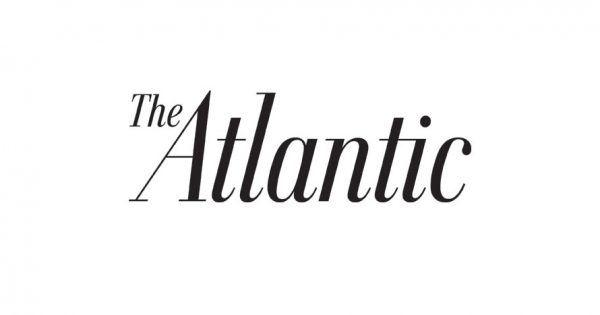-

Hear from Professor Monica Toft
Learn how Professor Monica Toft is shaping the study of global affairs and diplomacy at Fletcher.
Hear from Prof. Toft -

Explore Fletcher academics in action
Fletcher Features offers insights, innovation, stories and expertise by scholars.
Get global insights -
Get application tips right from the source
Learn tips, tricks, and behind-the-scenes insights on applying to Fletcher from our admissions counselors.
Hear from Admissions -

Research that the world is talking about
Stay up to date on the latest research, innovation, and thought leadership from our newsroom.
Stay informed -
Meet Fletcherites and their stories
Get to know our vibrant community through news stories highlighting faculty, students, and alumni.
Meet Fletcherites -

Forge your future after Fletcher
Watch to see how Fletcher prepares global thinkers for success across industries.
See the impact -

Global insights and expertise, on demand.
Need a global affairs expert for a timely and insightful take? Fletcher faculty are available for media inquiries.
Get in Touch
We’re Already Barreling Toward the Next Pandemic
Alex de Waal discusses the challenges facing the United States’ pandemic preparedness for future public health emergencies in The Atlantic.

[...]
The panic-neglect cycle is not inevitable but demands recognition and resistance. “A pandemic is a course correction to the trajectory of civilization,” Alex de Waal, of Tufts University and the author of New Pandemics, Old Politics, told me. “Historical pandemics challenged us to make some fairly fundamental changes to the way in which society is organized.” Just as cholera forced our cities to be rebuilt for sanitation, COVID-19 should make us rethink the way we ventilate our buildings, as my colleague Sarah Zhang argued. But beyond overhauling its physical infrastructure, the U.S. must also address its deep social weaknesses—a health-care system that millions can’t access, a public-health system that’s been rotting for decades, and extreme inequities that leave large swaths of society susceptible to a new virus.
Early last year, some experts suggested to me that America’s COVID-19 failure stemmed from its modern inexperience with infectious disease; having now been tested, it might do better next time. But preparedness doesn’t come automatically, and neither does its absence. “Katrina didn’t happen because Louisiana never had a hurricane before; it happened because of policy choices that led to catastrophe,” Gonsalves said. The arc of history does not automatically bend toward preparedness. It must be bent.

